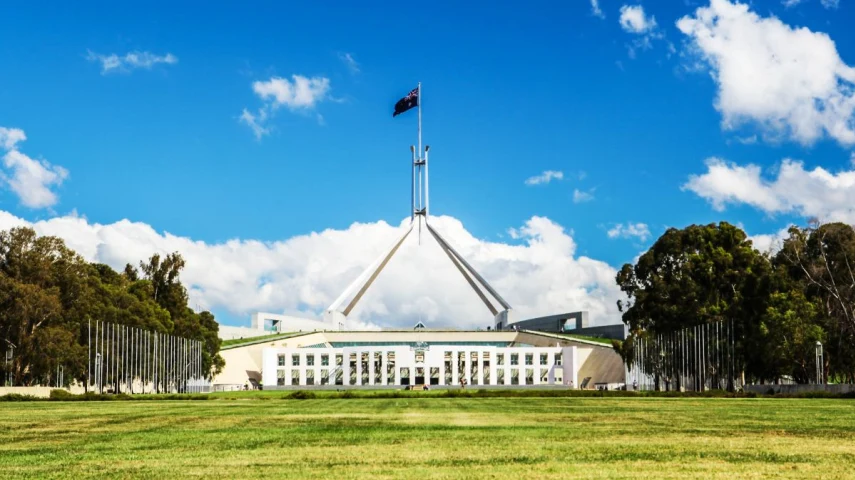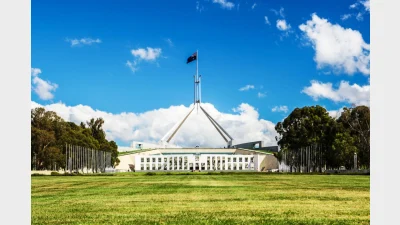SMSFA responds to Government super tax consultation



As the Government opens the consultation on the proposed reduction of super tax concessions, the SMSF Association has flagged there may be "unintended consequences".
The paper sought feedback on plans to reduce super tax concession for those with super balances of more than $3m as flagged in early March.
It confirmed the Government planned to use a member’s total super balance (TSB) to calculate earnings for the purpose for the proposed new tax.
SMSF Association chief executive, Peter Burgess, said: “We understand the attraction of this approach, however the fact remains there are various items included in a member’s TSB which, for reasons of fairness and equity and to avoid unintended consequences, should not be subject to this new tax – and top of the list is unrealised capital gains.
“In this regard, it is pleasing to see the consultation paper seeking feedback, on what modifications should be made to the TSB calculation for the purposes of estimating earnings.”
He also noted the consultation paper sought feedback on alternative methods of calculating earnings on balances over $3 million.
Specifically on SMSFs, Burgess felt it was unfair for the tax to include unrealised gains given the exposure SMSFs held to direct property assets which may be difficult to sell.
“It’s important to recognise that it’s not against the rules for an SMSF to hold most of its assets in a single investment.
“Before the announcement of this new tax, it would not be fair or reasonable for the trustees to have envisaged the payment of this new tax, which, in some years, could be substantial.
“It’s generally not possible to sell part of a farm, for example, so the imposition of this new tax may, in some cases, require the property to be sold causing business disruption and triggering what could be substantial transaction costs.”
He suggested a possible solution would be a two-year amnesty to allow certain defined benefit pensions to convert into account-based pensions to simplify matters for members.
Recommended for you
Future Group is set to take on nearly $1 billion in funds under management (FUM) and welcome more than 100,000 new members following two significant successor fund transfers.
Insignia’s Master Trust business suffered a 1.9 per cent dip in FUA in the third quarter, amid total net outflows of $1.8 billion.
While the Liberal senator has accused super funds of locking everyday Australians out of the housing market, industry advocates say the Coalition’s policy would only push home ownership further out of reach.
Australia’s largest superannuation fund has confirmed all members who had funds stolen during the recent cyber fraud crime have been reimbursed.













